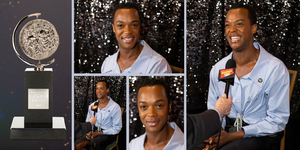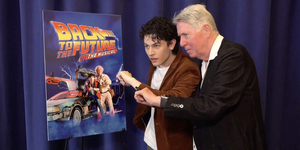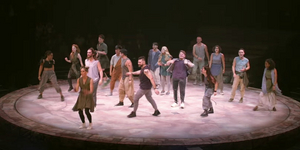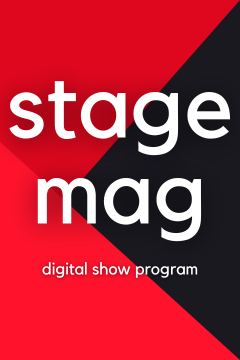Interview: BAD CINDERELLA Choreographer JoAnn M. Hunter Talks Andrew Lloyd Webber, Being a Trailblazer & More
Hunter discusses the process of bringing Bad Cinderella to the stage, being an AAPI artist in the theatre industry, and more.
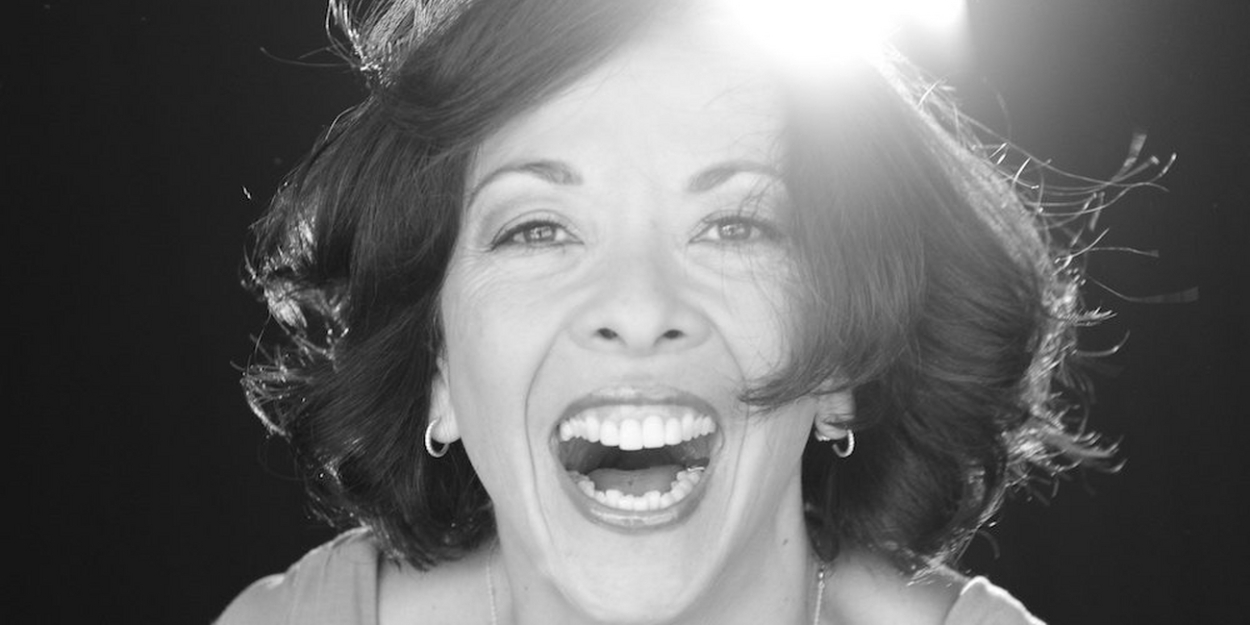
JoAnn M. Hunter is a choreographer, dancer, director and trailblazer, whose work on the stage is dazzling. Her credits as a choreographer include Joseph And The Amazing Technicolor Dreamcoat at the London Palladium, Disaster on Broadway, School of Rock in the West End and on Broadway, On a Clear Day on Broadway, and many more.
Hunter is the choreographer for Andrew Lloyd Webber's newest musical Bad Cinderella, which played in the West End before coming to Broadway's Imperial Theatre! Bad Cinderella features a score by Lloyd Webber with lyrics by Tony Award-winner David Zippel, and is directed by Laurence Connor, with a book by Academy Award-winner Emerald Fennell.
BroadwayWorld spoke with JoAnn M. Hunter about bringing Bad Cinderella to the Broadway stage, blazing a trail in the entertainment industry, and more!
The process of working on Cinderella has been a long one, we went through the pandemic, it opened in London, how does it feel that Bad Cinderella has finally made its way to Broadway?
When I look back at what we did in London, first of all, in the middle of the crazy pandemic, we were rehearsing, we were getting tested every single day, and it was just a part of the norm. You get used to it, but I am so exhausted right now, I haven't been this exhausted in a long time! Emotionally, what we went through in London just to get the show up, as crazy as it was, it felt like such an accomplishment that everyone got together, that company rallied, every day testing, and every day trying to figure out, "How do we make this work in the world today?" And then everything being shut down twice, and then closing prematurely... It literally feels like we've been pushing a boulder uphill, and now we're here. This group of actors here in New York I absolutely love! That part, the rehearsal part has, been a dream. A dream, dream, dream. It's just everything that goes along with it that makes it hard!
Can you tell me what your choreographic process was like for Bad Cinderella?
It's all with concept of the book. And when we came here, it was figuring out, "What is our show? What is the tone of it?" And then we go from there. What I love about the show is, stylistically, we're in different places. We have a more contemporary, young feel, but then we have a huge waltz and ball, which is about ten minutes long, the whole entire sequence, that doesn't stop moving. And it's not traditional, I didn't want to do a traditional Viennese waltz because it's not really a Viennese, it's not fast, it's a slow waltz that Andrew wrote. I just wanted it to have a little bit more modern feel to it, and I have beautiful dancers who are able to execute.
So I have that style. And then I have this section where I have these dancers who are the ideal of what we think the male physique should be, that's the whole point of the show, is this conforming to some type of ideal-ness of outer appearance. So, I have these great men, and the whole idea is about looking fantastic and talking about this prince charming that is the epitome of maleness, the male physique, so I had to say, "Okay, what is that? What is that kind of movement? How do these gentlemen move?"
And at the end of the show we have this big celebration, which is kind of a mixture of a samba/salsa feel. I was fortunate enough that I got to play with different styles, which I love. I don't like to just stick with one style and movement. So, that was glorious for me, that I loved. And the group of people I got to work with made it even better.
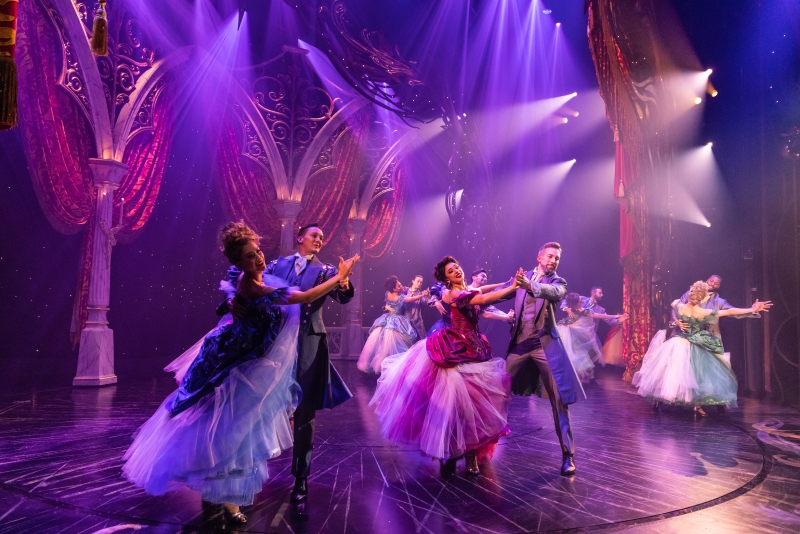
And you've worked with Andrew Lloyd Webber on multiple shows. What is that creative partnership like?
It's been great. Normally, Andrew is not known to do musicals that have a lot of movement in them. I was a little nervous when we did School of Rock, that was very different because it was about these young children, and the movement had to feel like they were coming from not theatre kids, not showbiz kids. So, even though it was dance, it was not dance in the way that we think of dance, it was more movement of how young people celebrate, or defy, or rebel.
So, Bad Cinderella was great, and it was challenging, because there were moments where I was like, "No, I feel like I can tell the story through movement more than just talking or lyrics." But the thing with Andrew is, the thing that makes him successful is he does understand collaboration. I think anybody who is successful understands that collaboration in theatre is key. Not one person can do everything. Maybe there are people out there who can do everything, I am not one of them! I like to work with people. At the end of the day he understands collaboration, and also you're working with someone who's been around a long time, who really knows theatre. His knowledge is unbelievable about theatre. And his respect for other composers is also quite beautiful.
You have been in the entertainment industry for many years, as far as AAPI representation goes, you are one of the few Japanese American women working as a choreographer and director. What does it feel like for you to know that you've been blazing a trail forward for other AAPI artists, and for women in general?
Someone said that to me recently, "You opened up an avenue for other women of Asian race, or mixed race, or any race that wasn't Caucasian," and honestly it's not something I've ever thought about. Sometimes the struggle was difficult as a performer, as well as a creator. But, to me, I just think the way I grew up, which was in Rhode Island, back then there was zero diversity where I grew up, so I just wanted to get out. And I think my perseverance that I just couldn't go back was what made me stay here and what made me keep going. It's also the only thing I really know.
But if people think that I have helped open up a door or road, I am honored by that. I feel like, "I did that?" I feel so small in such a big pond, I don't feel like I'm that. I don't always feel like I'm that relevant. It makes me feel incredibly special, but at the same time, I don't feel incredibly special. But when you say that, or someone else says that I feel like, "Really? Me? Other people have done that, I haven't done anything," because I don't think about it when I'm working, most of us don't, we just think, "We're working, we got the work, now what do we do?" And yes, it is true, I think there are very few Asian, Asian American women who have been given the opportunity that I have right now. So in that respect, I am incredibly grateful. I don't think it was given to me by any means, I worked my butt off! But many people have worked their butt off and don't get the opportunity. So, in that way I am lucky.
On that note, what changes would you like to see happen in the industry?
When I was a young girl taking dance class, my dance teacher owned five dance studios in Rhode Island, which is basically the entire state [laughs]. In all those five different studios in the different towns and cities in Rhode Island, we had one male dancer. One. And when I would go to different conventions and things, the female dancers outnumbered the male dancers by leaps and bounds. And what is so interesting is when you come into theatre, into the industry that I'm in, a majority of the creators are not women! And you're like, "Wait a minute, how is that possible?" I can say it with all honestly and with my experience, most were women in dance school, yet the ones who are leading the room, the majority are men. And you say, "Why has that been that way?"
I think the reason is for so many years we've thought that men are the only ones who can lead in a room. I think that's a fact that we believed for so long, and now we're realizing, "Well, that's not true." A good leader is a good leader no matter what their gender is. I'd like to see more women be able to lead the room, and see that we can lead it just as beautifully as any other man we've worked with before. And sometimes we can lead it better. Women know how to navigate. Because we've had to navigate most of our life! Women of my age and older, for sure.
What are you most excited for with the Broadway premiere of Bad Cinderella?
I'm excited that it's finally here. I believe we have 14 or 15 Broadway debuts, and I'm so excited for those young performers to experience a Broadway opening. I don't want anything to mess that up with them. I remember my Broadway debut, which happens to be at the same theatre we're at now, and I remember how special it was, it was so beautiful. I'm probably most excited about that. I feel responsible for them because I want them to have the best time. I want them to enjoy the moment. And I hope people enjoy the show. You have to believe in what you're doing and enjoy it, and that's what I want those actors and dancers on stage to do. That's what I'm looking forward to the most.
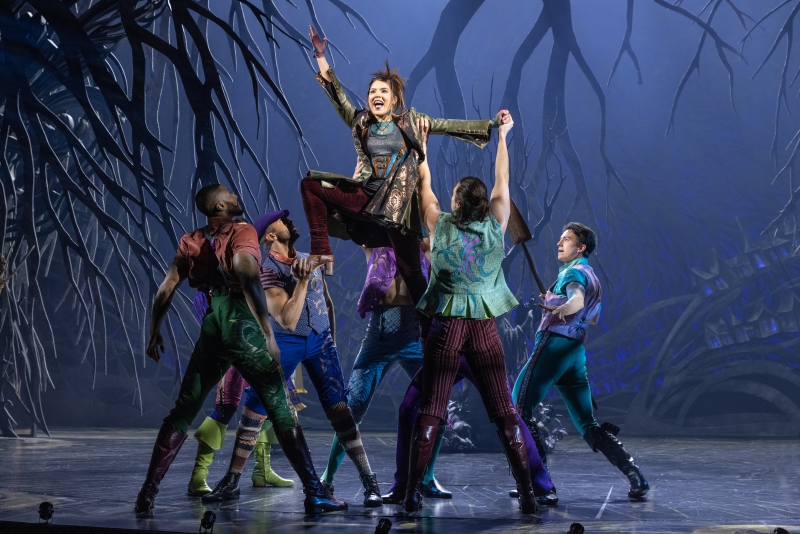
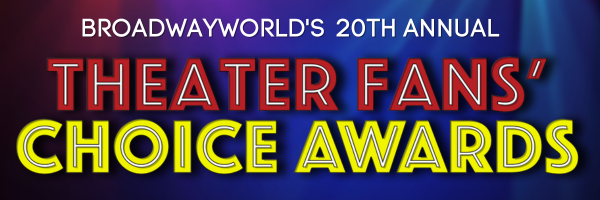
|
Videos
TICKET CENTRAL
Recommended For You
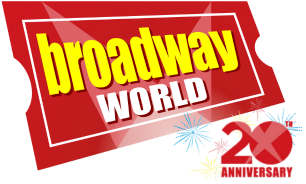





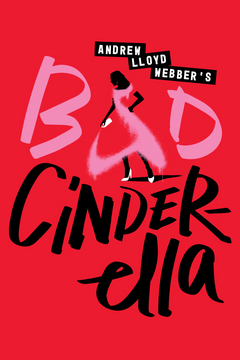
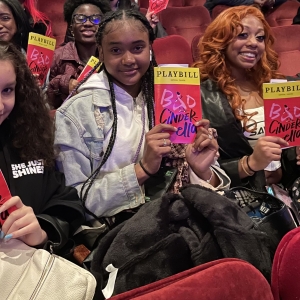
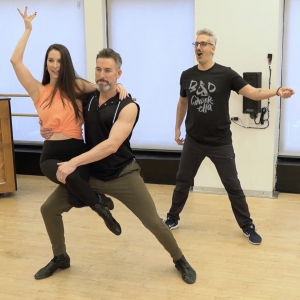
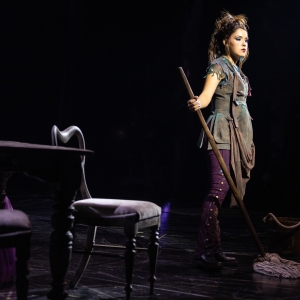
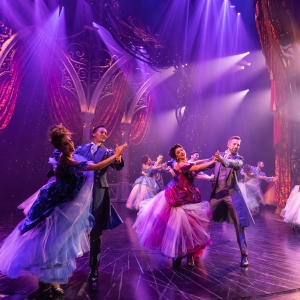
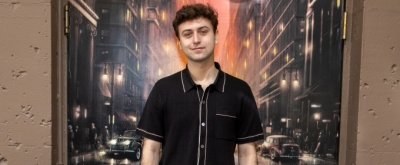
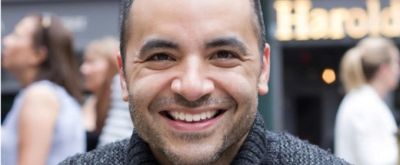
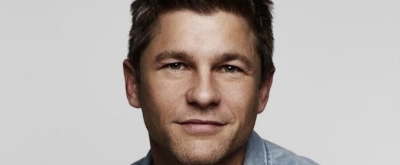
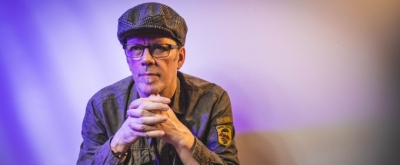
 Shucking Around with Ashley D. Kelley: SHUCKED Hits the Recording Studio
Shucking Around with Ashley D. Kelley: SHUCKED Hits the Recording Studio